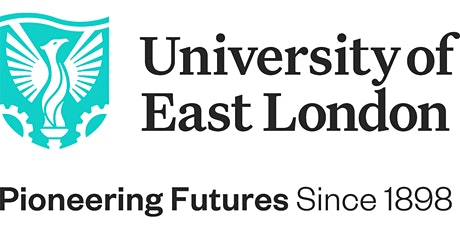MEDIA RELEASE EMBARGOED TILL 1AM JULY 2ND 2020
40 MENTAL HEALTH PROFFESSIONALS AND ECT RECIPIENTS REQUEST THAT ELECTROCONVULSIVE TREATMENT BE SUSPENDED IN NHS
Electroconvulsive Therapy (ECT) is still administered to about a million people annually, including about 2,500 people in the UK, predominantly women over the age of 60.
On Thursday, July 2nd 40 mental health professionals and researchers, and ECT recipients and their family members, are writing to Peter Wyman, Chair of the Care Quality Commission to ‘request that ECT be immediately suspended throughout the NHS, pending research to determine its efficacy and safety’.
The letter (attached), copied to Ministers and the CEOs and Medical Directors of all NHS mental health Trusts, is responding to a recent 40 page review of ECT research,* co-authored by Professor Irving Kirsch, of Harvard Medical School (attached). It found no evidence that ECT is superior to placebo, and concluded:
‘Given the high risk of permanent memory loss and the small mortality risk, the longstanding failure to determine whether or not ECT works means that its use should be immediately suspended until a series of well designed, randomised, placebo controlled studies have investigated whether there really are any significant benefits against which the proven significant risks can be weighed.’
July 2nd was chosen to send the letter because it is the 59th anniversary of the death of Ernest Hemingway, the most famous of the millions of casualties of ECT since its invention in 1938. Hemingway killed himself shortly after 20 ECTs, having written ‘What is the sense of ruining my head and erasing my memory, which is my business? It was a brilliant cure but we lost the patient’
‘
Lead author of the review, and letter, Dr John Read (Professor of Clinical Psychology, University of East London) said:
‘We hope that by the 60th anniversary of Hemingway’s death, this time next year, we will be able to announce to the world that the UK was the first country to finally put an end to this well-intentioned but calamitous error in the history of medicine.’
Dr. Irving Kirsch (Associate Director of Placebo Studies, Harvard Medical School), said:
‘I don’t think many ECT advocates understand just how strong placebo effects are for a major procedure like ECT.”
“The failure to find any meaningful benefits in long-term benefits compared to placebo groups are particularly distressing. On the basis of the clinical trial data, ECT should not be used for depressed individuals.’
One of the ECT recipients who signed the letter, Dr Sue Cunliffe, who was a paediatrician until the brain damage caused by ECT made it impossible for her to work, added:
‘As a doctor I was appalled to discover the failings in the regulation of ECT by the Royal College of Psychiatrists, which enables the perpetuation of bad practice and fails to protect patients from harm. The sooner ECT is suspended the better.’
Professor Peter Kinderman, University of Liverpool, Past-President British Psychological Society, added:
‘The absence of efficacy evidence, in conjunction with the high risk of brain damage, means that the cost-benefit ratio is so dreadful that continuing to use it places psychiatry outside the boundaries of evidence-based medicine’.
Professor John Read +44 (0)7944 853 783 john@uel.ac.uk
https://www.uel.ac.uk/staff/r/john-read Professor Irving Kirsch: irvkirsch@gmail.com Dr Sue Cunliffe: suecunliffe1@gmail.com
Professor Peter Kinderman p.kinderman@liverpool.ac.uk 07941 252848
Professor Rhiannon.Corcoran@liverpool.ac.uk
Daughter of ECT recipient. (‘Didn’t work. Mum took her own life’)
*Read J, Kirsch I, McGrath L. Electroconvulsive Therapy for Depression: A Review of the Quality of ECT vs Sham ECT Trials and Meta-Analyses. Ethical Human Psychology &Psychiatry, 21(2), 64-103. published on line June 3, 2020 – attached
END
Download ECT SUSPENSION LETTER July 2, 2020
